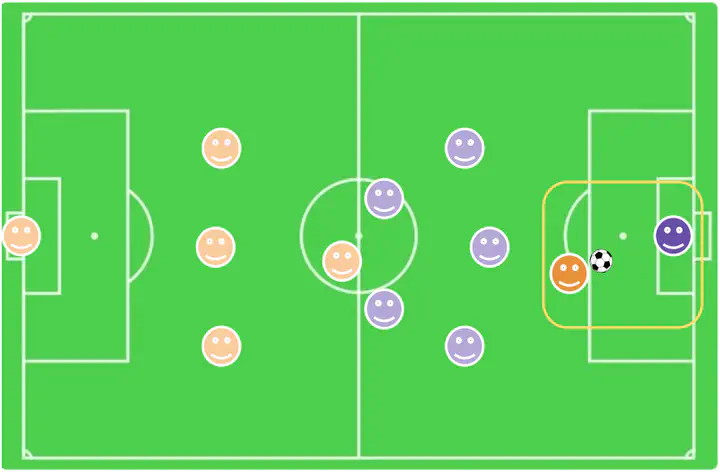
Abstract
Multi-agent settings in the real world often involve tasks with varying types and quantities of agents and non-agent entities; however, common patterns of behavior often emerge among these agents/entities. Our method aims to leverage these commonalities by asking the question:“What is the expected utility of each agent when only considering a randomly selected sub-group of its observed entities?” By posing this counterfactual question, we can recognize state-action trajectories within sub-groups of entities that we may have encountered in another task and use what we learned in that task to inform our prediction in the current one. We then reconstruct a prediction of the full returns as a combination of factors considering these disjoint groups of entities and train this “randomly factorized" value function as an auxiliary objective for value-based multi-agent reinforcement learning. By doing so, our model can recognize and leverage similarities across tasks to improve learning efficiency in a multi-task setting. Our approach, Randomized Entity-wise Factorization for Imagined Learning (REFIL), outperforms all strong baselines by a significant margin in challenging multi-task StarCraft micromanagement settings.